detail profile jos c3 a9 luis torres leiva
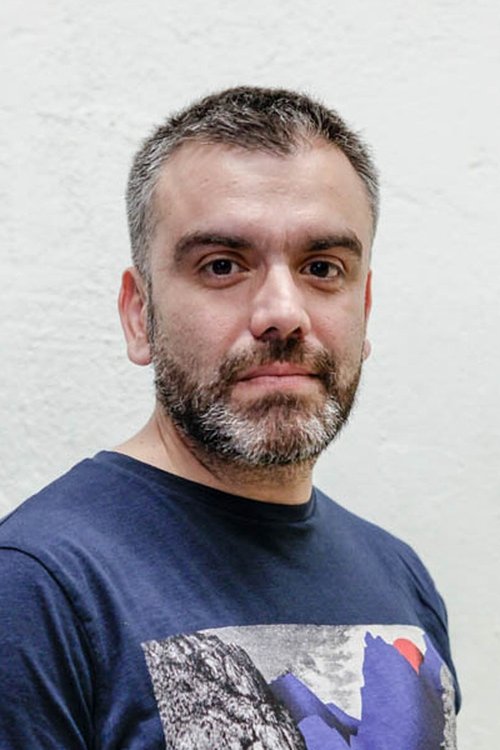
José Luis Torres Leiva
Jose Luis Torres Leiva
atau dikenal sebagai
Riwayat Hidup
José Luis Torres Leiva (born 1975, Chile) is a film director, editor, and screenwriter.
He has made a considerable number of short films and independent videos.
The Sky, the Earth and the Rain (2008) was his first feature film.
Supported by the Hubert Bals Fund (HBF), it was nominated for a Tiger Award and won the FIPRESCI Award at IFFR in 2008.
Summertime has also been supported by the HBF and had its premiere at the Venice film festival in 2011.
Info Pribadi
Peran Yang Di Mainkan José Luis Torres Leiva
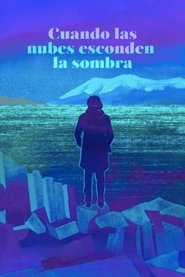 Maria travels to Puerto Williams to...
Maria travels to Puerto Williams to...When Clouds Hide the Shadow 2024
Maria travels to Puerto Williams to star in a movie. But the film crew won't be able to arrive due to a strong storm. Alone, she'll seek help for severe back pain, which will lead her to discover life in the southernmost city in the world and a pending story in her life.
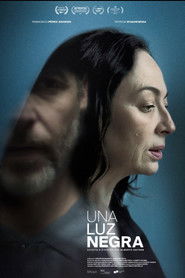 Jorge becomes obsessed when he discovers...
Jorge becomes obsessed when he discovers...A Dark Light 2024
Jorge becomes obsessed when he discovers that he has the same name as a young man who died. Upon investigating, he discovers that they also share an obvious physical resemblance. To Josefina, the young man's mother, the encounter with this man awakens a ghost she thought was asleep.
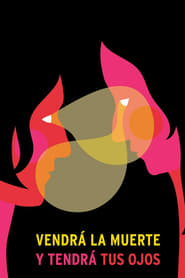 Two women who have spent their...
Two women who have spent their...Death Will Come and Shall Have Your Eyes 2019
Two women who have spent their whole lives together must deal with the illness affecting one of them. The sick woman decides not to have treatment and they move into a cabin in the woods to wait for the day that death will come into their lives. The situation sees the resurfacing of the love that time had buried under the routine. Gradually their relationship will strengthen as death bides its time outside the cabin.
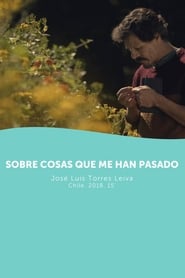 Based on the book by author...
Based on the book by author...About Things That Happened to Me 2018
Based on the book by author Marcelo Matthey, this short film narrates his own life in a style reminiscent of school compositions. His constant strolls through streets, houses and beaches are recorded in notes of what he saw, felt or thought during these wanderings or moments, but almost only recalling the processes, the timeline in which things occur and come to mind, the trail of associations coming one after the other, like the steps of a person walking along a street. Immediate impressions, fleeting moments normally lost in time and which are captured in the images and sounds of this film.
 Ten years after her daughter was...
Ten years after her daughter was...Enigma 2018
Ten years after her daughter was the victim of a hate crime, brutally beaten in the streets of Santiago for being a lesbian, Nancy is asked to participate in an unsolved mysteries TV show that will recreate the incident. Nancy, a hairdresser who has worked very hard to move on with her life, will have to decide if finding justice for her deceased daughter is worth exposing herself and her family on television.
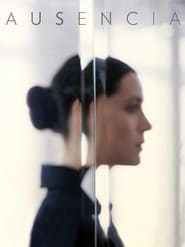 A love triangle between a pioneer...
A love triangle between a pioneer...Absence 2017
A love triangle between a pioneer female writer; her husband -a retired military official-and the love of her life, the painter Moritz Rugendas, with whom she maintains an epistolary relationship for 10 years, with few personal encounters.
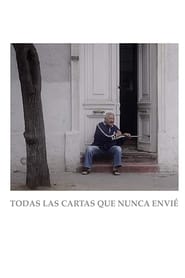 A film about the ghosts of...
A film about the ghosts of...All the Letters that I Never Sent 2017
A film about the ghosts of those letters that never reached their destination.A neighborhood detained in time that nevertheless will change irremediably and that keeps the memory of thousands of secret stories, hidden in its streets, houses and corners. Mothers who seek reconciliation with their daughters, confessions of unrequited love, loneliness and many searches for an answer that will never come.
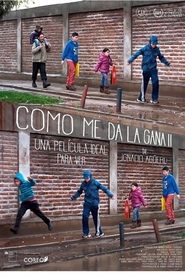 Just like in 1985 today Ignacio Agero...
Just like in 1985 today Ignacio Agero...Como me da la gana II 2016
Just like in 1985, today Ignacio Agüero is back interrupting filmmakers during shooting, but not to ask what he did thirty years ago, but to find out what is purely cinematographic in what they film. These conversations are related to images in the director's personal archive, as if what is truly cinematographic was found among bits that were never made for the screen.
 Looking for extras and locations a...
Looking for extras and locations a...The Winds Know That I'm Coming Back Home 2016
Looking for extras and locations, a filmmaker settles on Chiloé, the second largest island off the coast of Chile. He does auditions, but mainly listens patiently to the stories of young and old people. As an outsider, he cautiously searches for the soul of the community and its underlying tensions.
 Alfonso is an old farmer who...
Alfonso is an old farmer who...Land and Shade 2015
Alfonso is an old farmer who has returned home to tend to his son, who is gravely ill. He rediscovers his old house, where the woman who was once his wife still lives, with his daughter-in-law and grandson. The landscape that awaits him resembles a wasteland. Vast sugar cane plantations surround the house, producing perpetual clouds of ash. 17 years after abandoning them, Alfonso tries to fit back in and save his family.
 More than sixty years after leaving...
More than sixty years after leaving...Tea Time 2014
More than sixty years after leaving high school, former classmates Alicia, Gema, Angelica, Ximena and Maria Teresa are still devoted to their regular catch-ups in which they exchange gossip and reminiscences over elaborately presented afternoon teas. Impeccably turned out, the ladies’ free-wheeling tea-time chats run the gamut from mortality and marital infidelity to soccer and twerking.
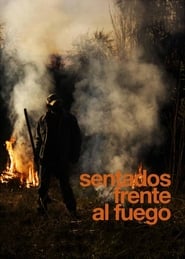 Daniel and Alejandra a working class...
Daniel and Alejandra a working class...By the Fire 2012
Daniel and Alejandra, a working class couple in their late 30s, move to the countryside near the Andes Mountains to begin the next chapter of their life together. Alejandra is ill, and Daniel looks after her, his soul mate. He scratches out a living doing farm work, while dreaming of buying his own plot of land. Over the course of a year, director Alejandro Fernández Almendras captures a life of love and frustration as Alejandra’s condition worsens, and Daniel can do nothing but keep on struggling.
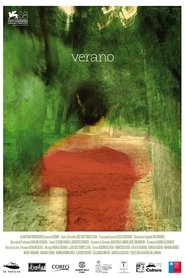 During one hot summer day little...
During one hot summer day little...Verano 2011
During one hot summer day, little things happen to the visitors and workers of an old thermal resort in southern Chile. Julieta, Francisco, Isa, Rodrigo, Ignacio, Mariana, Muriel, Gabriela, Eliseo, Norma, Alejandra and Claudio experience the long vacation hours in nature, sleeping in the sun, learning how to drive, cleaning the house, kissing for the first time, swimming at night or just walking and talking, while the day slowly unravels into small fragments of happiness and discovery.
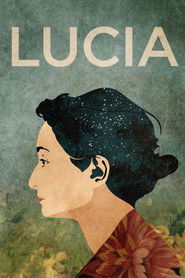 Luca is a young woman who...
Luca is a young woman who...Lucia 2011
Lucía is a young woman who works as a seamstress in a factory and lives with her father in an old house in Santiago, Chile. The film occurs in December 2006 during the weeks that take place from the ex-dictator Pinochet’s funeral to Christmas Eve. Through the simple observation of Lucía’s daily life, the spectator is allowed access into a hidden and neglected world of a generation of Chileans striving to recover from the military dictatorship.
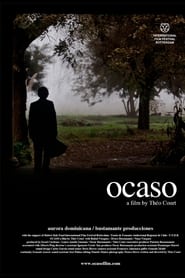 Rafael an old butler of a...
Rafael an old butler of a...Ocaso 2010
Rafael, an old butler of a decadent farmhouse, lives with his landlord in that space. He develops a series of actions and daily routines that resume a life and a glorious family past. These actions and gestures will become the only way of sustaining that home and those lives humbled in memory. With the decline of that environment, Rafael will be underdog of his place and his own story, and will be forced to leave in an uncertain trip, towards the last of his possessions.
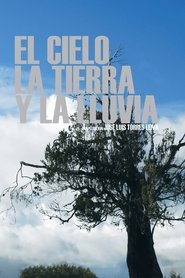 Ana Vernica Marta and Toro are...
Ana Vernica Marta and Toro are...The Sky, the Earth and the Rain 2008
Ana, Verónica, Marta, and Toro are four lonely people who live an unadventurous and quiet existence in southern Chile. They are with each other without the need of using words, trying to save themselves in a stealthy and extreme way. In order not only of getting away of the loneliness that constitutes their innermost core, but also of finding themselves, they reach for each other to get brotherly and sexual love, affection, and a space and time of their own.
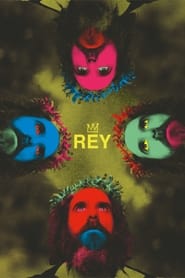 In the nineteenth century a French...
In the nineteenth century a French...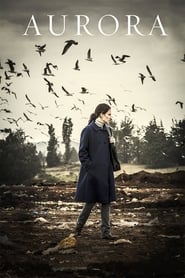 After reading in the newspaper that...
After reading in the newspaper that...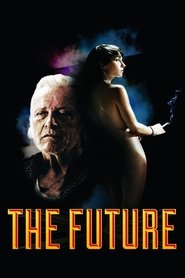 When their parents die Bianca starts...
When their parents die Bianca starts...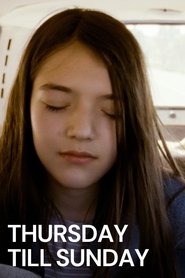 As she and her family embark...
As she and her family embark...